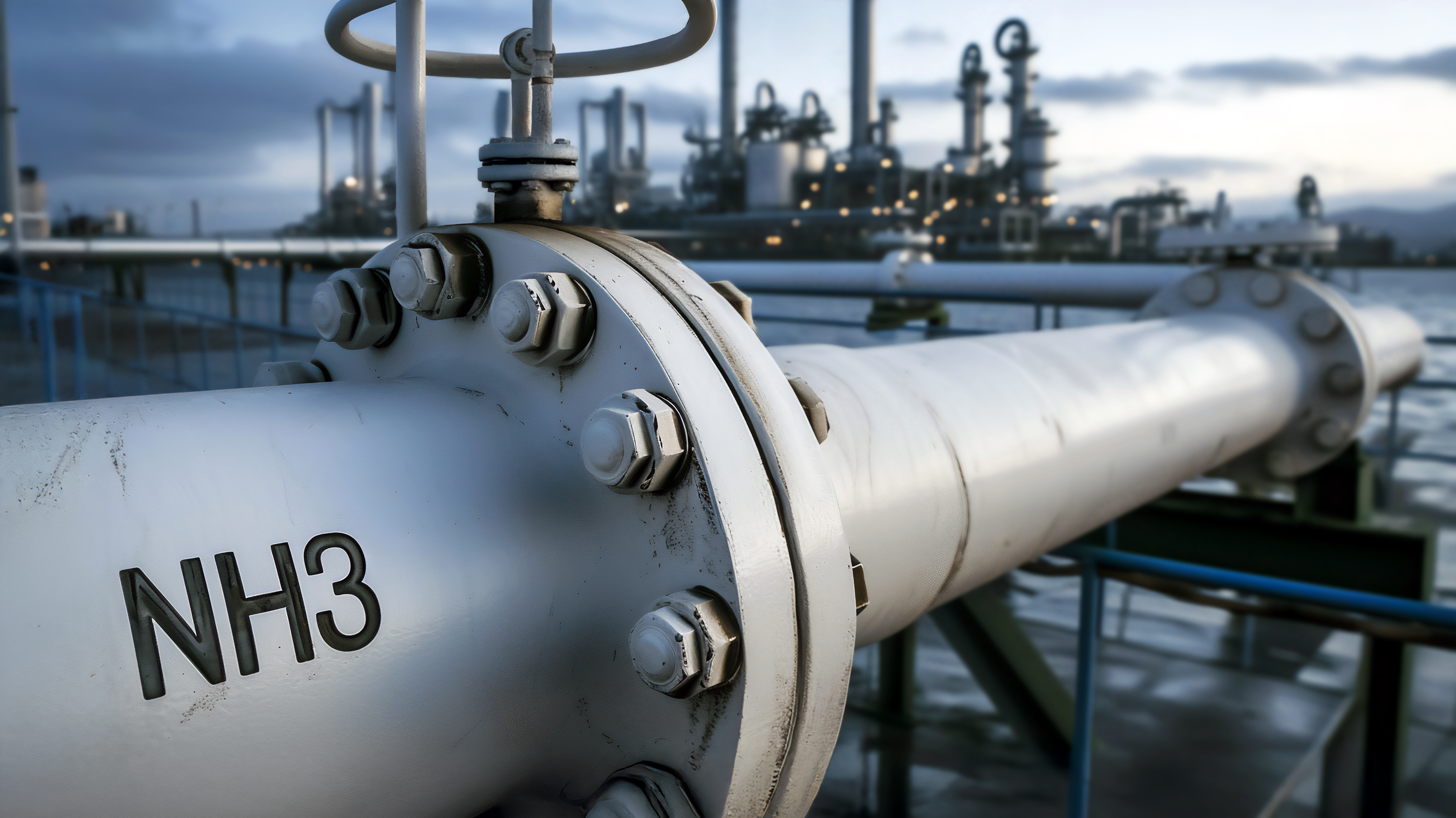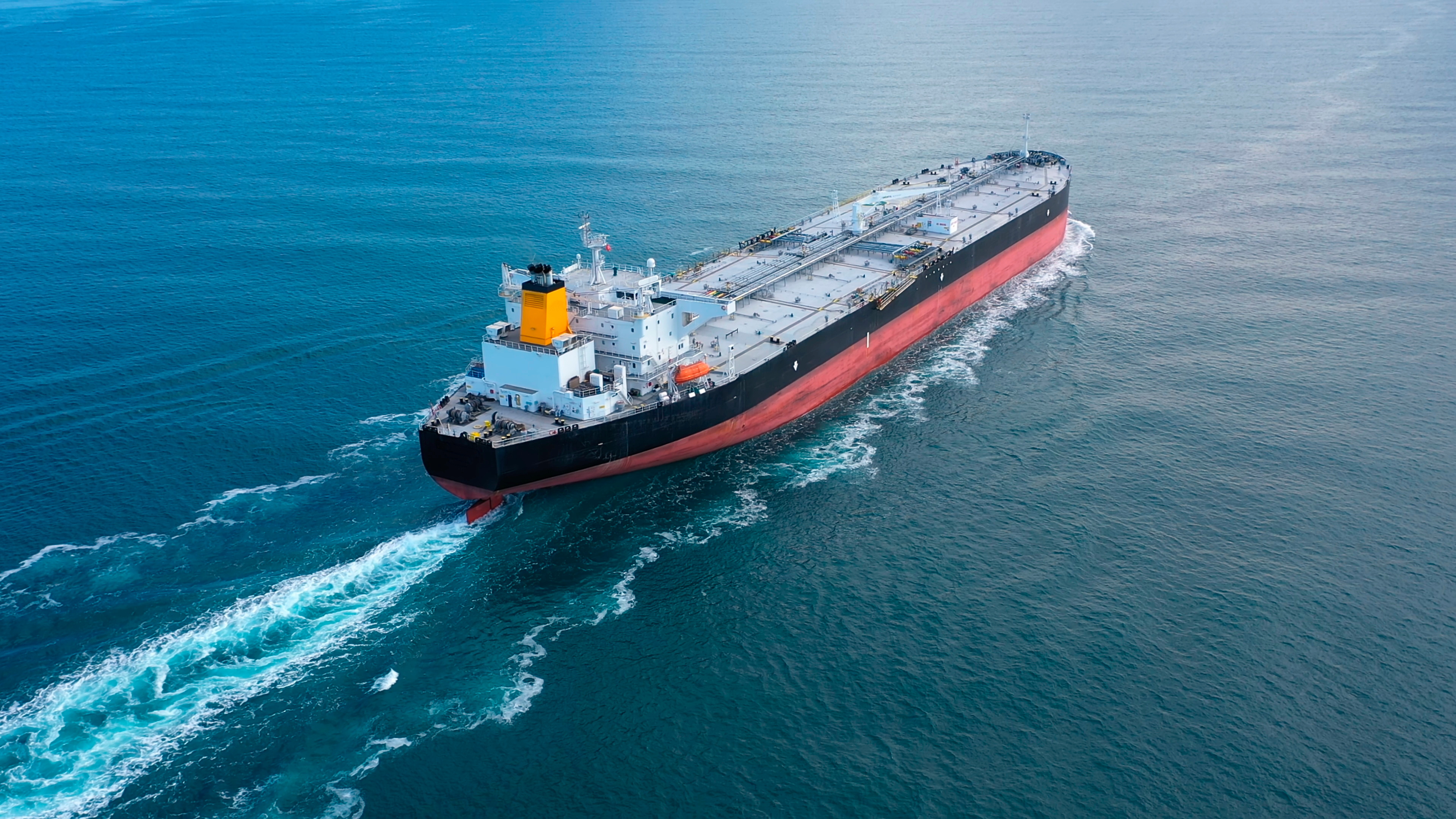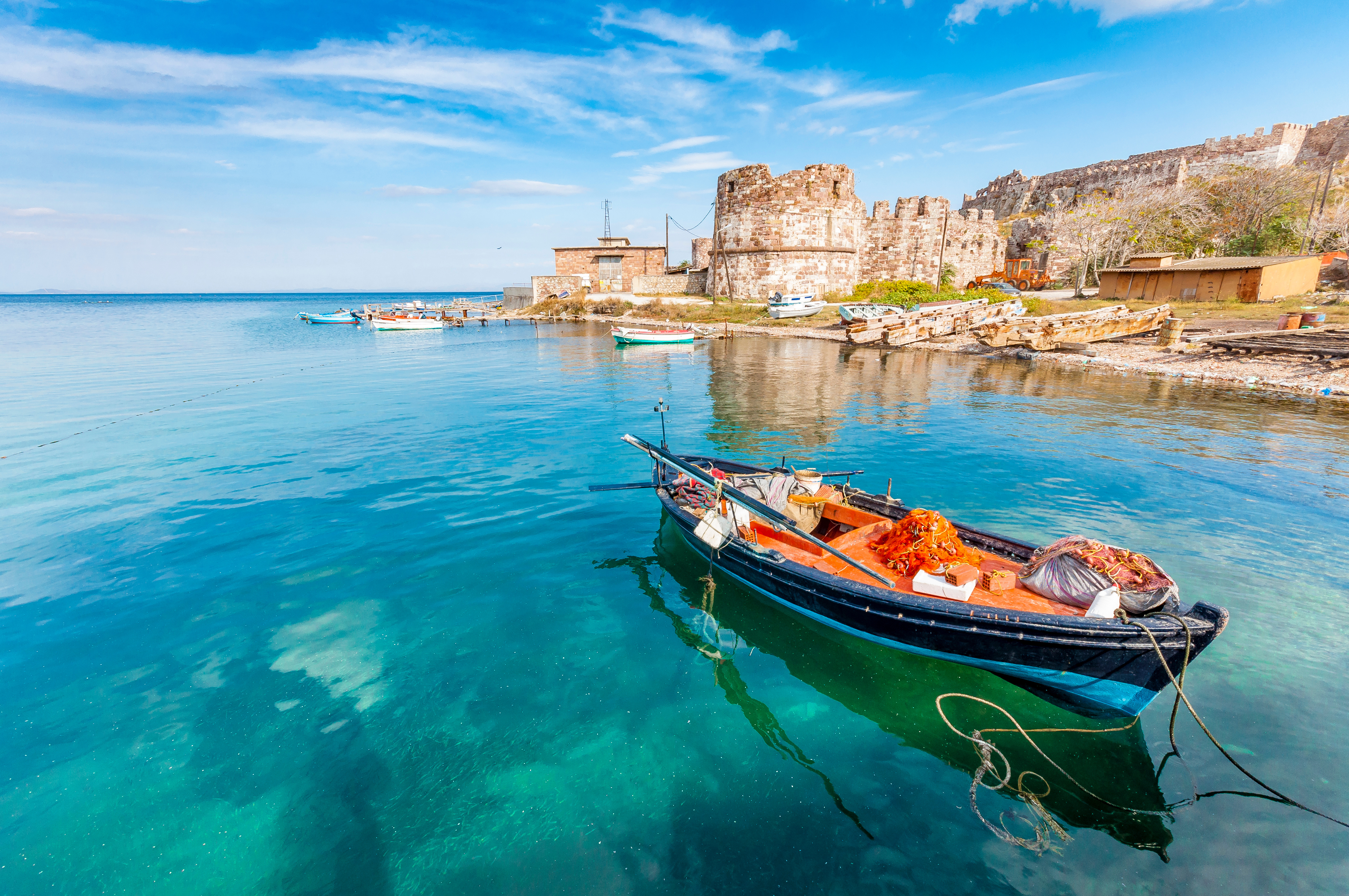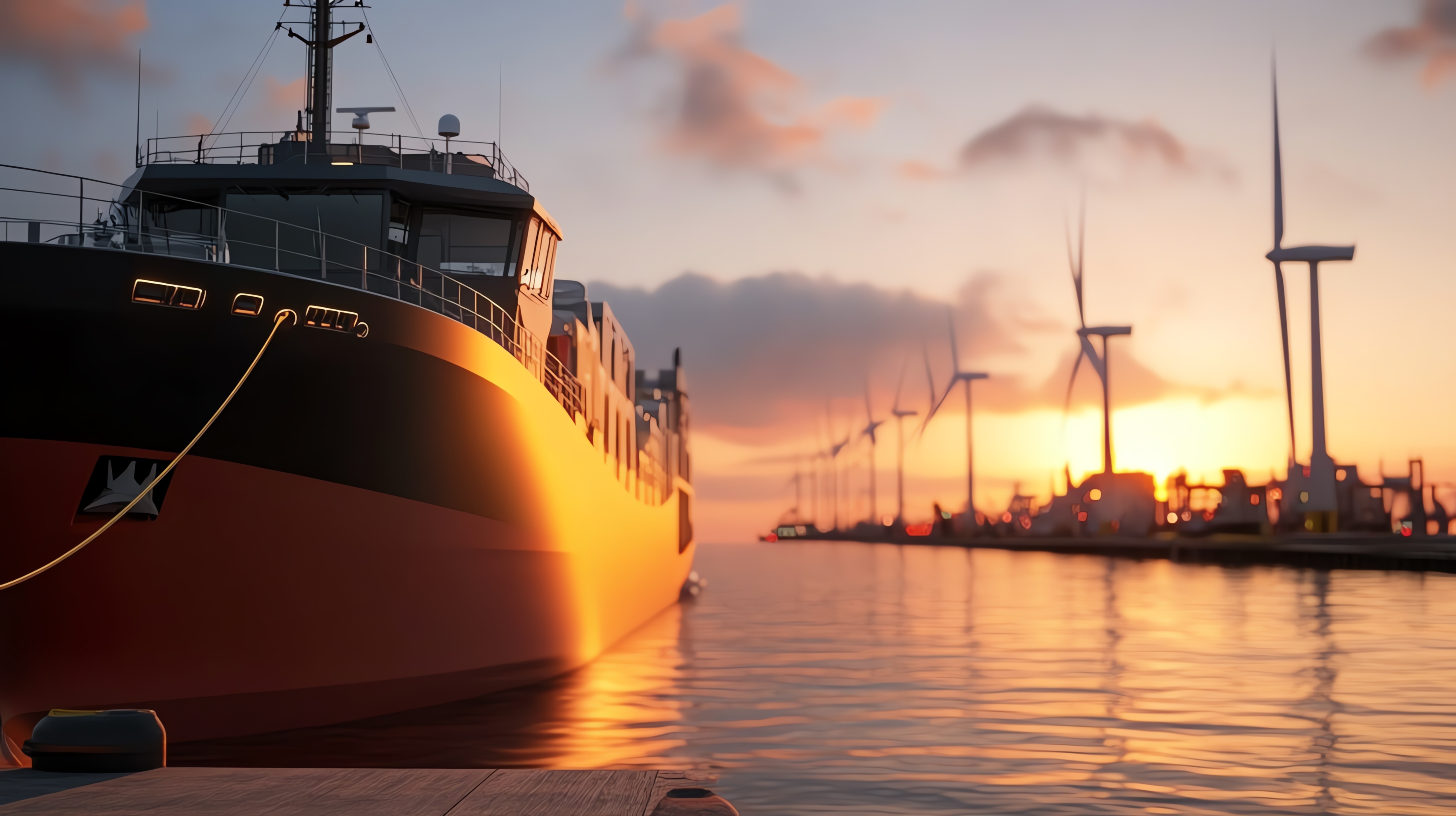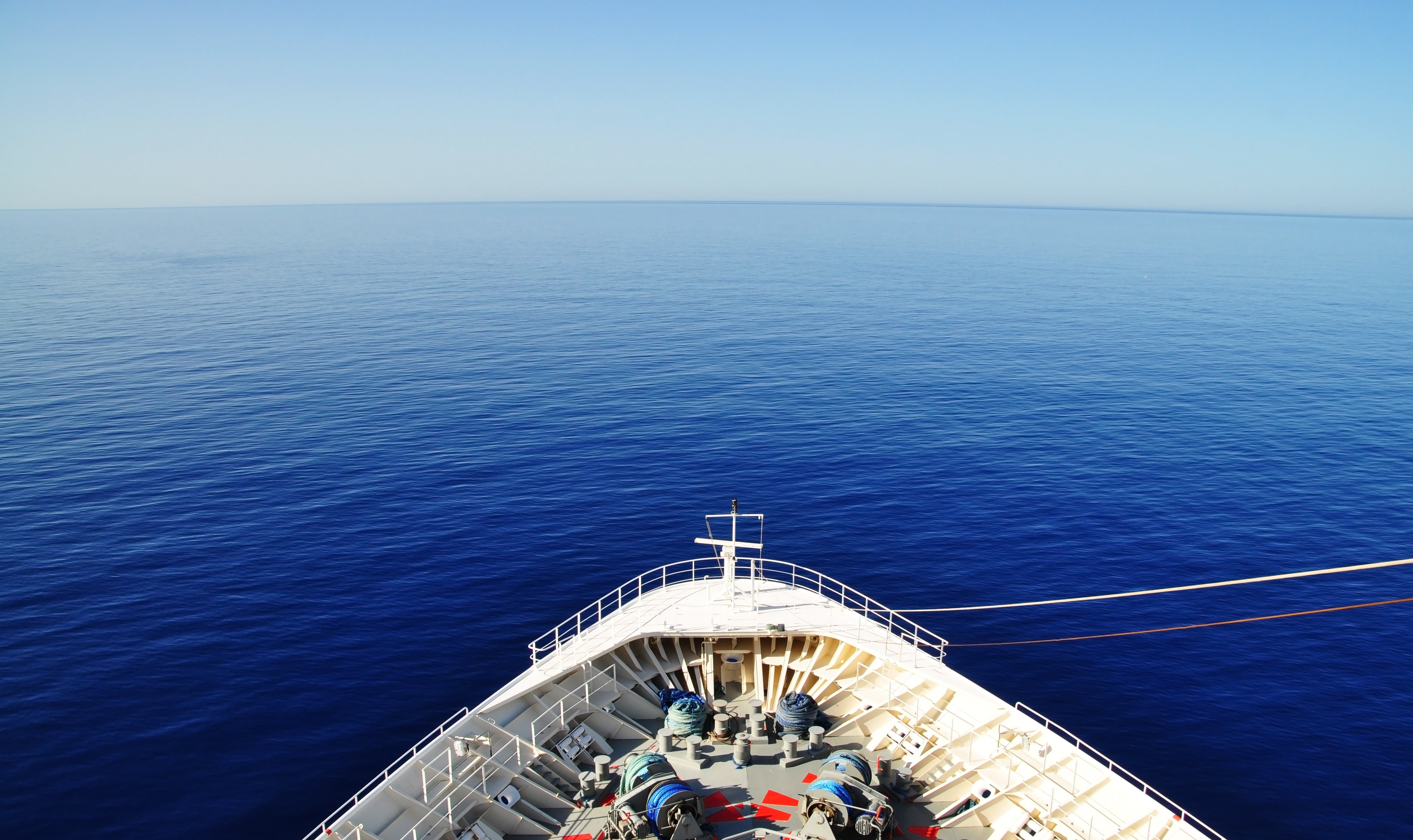
The IMO Marine Environmental Protection Committee (MEPC) responsible for matters concerning the prevention and control of pollution from ships, held its 80th session (MEPC 80) in London from 3-7 July 2023. The number of representatives attending in person was particularly high with many more joining online.
There were high expectations from MEPC 80. Since COP 26, there had been strong pressure on the IMO to align its GHG strategy with the UN’s strategy of net-zero by 2050 and the IMO was expected to adopt an upgraded greenhouse gas (GHG) strategy at this MEPC.
The 2023 IMO GHG strategy was unanimously adopted at MEPC 80 but the same was not firmly aligned with the UN’s strategy (see further below). Resolution MEPC 377(80) adopting the strategy expressly acknowledges the challenges that developing countries may face in the implementation of the 2023 IMO GHG Strategy, and signals the need for shipping’s transition to full decarbonisation to be just and equitable.
Below is a summary of the outcomes from MEPC 80. Please refer to IMO’s website for additional details.
Outcomes from MEPC 80
Tackling climate change

- The MEPC adopted a revised GHG strategy, 2023 IMO GHG Strategy. The strategy includes:
- an enhanced common ambition to reach net-zero GHG emissions from international shipping by or around, i.e., close to, 2050, taking into account different national circumstances, whilst pursuing efforts towards phasing them out as consistent with the long-term temperature goal set out in Article 2 of the Paris Agreement.
- a review of the carbon intensity of the ship with the aim of strengthening the energy efficiency design requirements for ships;
- an uptake of alternative zero and near-zero GHG emission technologies, fuels and/or energy sources to represent at least 5%, striving for 10%, of the energy used by international shipping by 2030;
- a reduction of CO2 emissions per transport work, as an average across international shipping, by at least 40% by 2030, compared to 2008;
- the establishment of two indicative checkpoints to reach net-zero GHG emissions from international shipping;
(i) reducing total annual GHG emissions by at least 20%, striving for 30%, by 2030 compared to 2008, and
(ii) reducing total GHG emissions by at least 70%, striving for 80% by 2040, compared to 2008.
- the developing and finalising of a basket of candidate measure(s) delivering on the reduction targets comprising of the following;
(i) a technical element, namely a goal-based marine fuel standard regulating the phased reduction of the marine fuel's GHG intensity; and
(ii) an economic element, on the basis of a maritime GHG emissions pricing mechanism. - The MEPC adopted the "LCA guidelines" which allow for a Well-to-Wake calculation, including Well-to-Tank and Tank-to-Wake emission factors, of total GHG emissions related to the production and use of marine fuels.
- The MEPC approved an MEPC circular on interim guidance on the use of biofuels under regulations 26, 27 and 28 of MARPOL Annex VI (DCS and CII).
- The MEPC considered a number of submissions related to onboard CO2 capture and agreed to instruct ISWG-GHG 16, if time permits, to consider the proposals related to onboard CO2 capture ahead of MEPC 81, and to advise the Committee on a way forward.
- The MEPC approved the review plan of the CII regulations and guidelines, which must be completed at the latest by 1 January 2026.
Energy efficiency of ships
- The MEPC approved draft amendments to IMO ship fuel oil consumption Data Collection System (DCS), which require more detailed data on fuel consumption.
Ballast water management (BWM)
- The MEPC approved the Convention Review Plan (CRP) and adoption of amendments to the BWM Convention.
Biofouling management
- The MEPC adopted the revised Guidelines for the control and management of ships' biofouling to minimise the transfer of invasive aquatic species.
Designation of a Particularly Sensitive Sea Area in the North-Western Mediterranean to protect cetaceans
- The MEPC agreed to designate a particular sensitive sea area in the North-Western Mediterranean Sea (NW Med PSSA) to protect cetaceans from international shipping.
Underwater noise
- The MEPC approved revised Guidelines for the reduction of underwater noise from commercial shipping to address adverse impacts on marine life.
Tackling marine litter
- The MEPC noted the ongoing work in the Sub-Committee on Pollution Prevention and Response (PPR) to address the risks to the marine environment from plastic pellets. The work involves the development of recommendations for the carriage of plastic pellets by sea in freight containers and a procedure for mandatory reporting of lost containers.
Special areas
- The MEPC agreed on the effective date of 1 January 2025, for the Red Sea and the Gulf of Arden special areas under MARPOL Annexes I and V.
Other matters from the PPR Sub-Committee
- The MEPC adopted the 2023 Guidelines for developing the inventory of Hazardous Materials, following amendments to the Anti-Fouling Systems (AFS) Convention to include controls on cybutryne.
- The MEPC approved the Operational Guide on the Response to Spills of Hazardous and Noxious Substances (HNS).
- The MEPC adopted the 2023 Guidelines for thermal waste treatment devices.
- The MEPC approved a new unified interpretation to regulations 18.5 and 18.6 of MARPOL Annex VI which provides that the Bunker Delivery Note (BDN) is acceptable in either hard copy or electronic format.
Conclusion
While the 2023 IMO GHG Strategy does not commit fully and unambiguously to net zero by 2050, the strategy is generally being seen as an important step forward, and accepted as being close enough or good enough to keep alive the Paris Agreement target of holding global temperatures to no higher than 1.5°C above pre-industrial levels, by reducing GHG emissions by 45% by 2030 and reaching net zero by 2050.
The 2023 Strategy sets out a timeline towards adoption of the basket of measures and the next updated IMO GHG Strategy. The IMO GHG Strategy is subject to a five-yearly review with the next review due in 2028. Work now continues on achieving the commitments, measures and basket of measures in the 2023 Strategy. One of the priorities is reaching an agreement on a maritime GHG emissions pricing mechanism so that the funds needed to finance the decarbonising initiatives can be generated.
Independent of the 2023 IMO GHG Strategy, major shipping companies, energy companies, finance companies and ports have voluntarily formed alliances and coalitions to work jointly towards the more ambitious goal of completely decarbonising the shipping sector by 2050. The Getting to Zero Coalition is one example of such a coalition.
The Club will continue to keep Members updated on the IMO’s work on decarbonisation for shipping, and other maritime issues.


